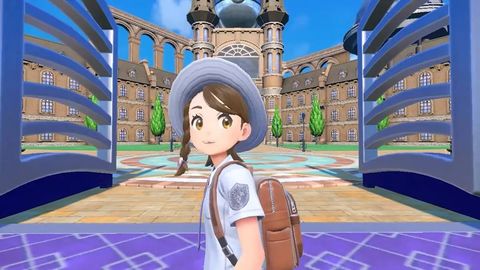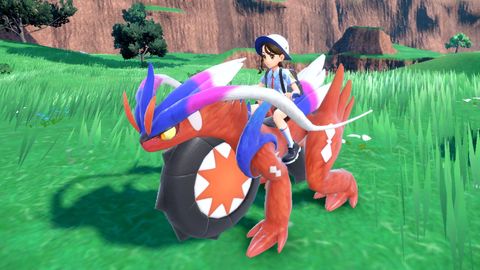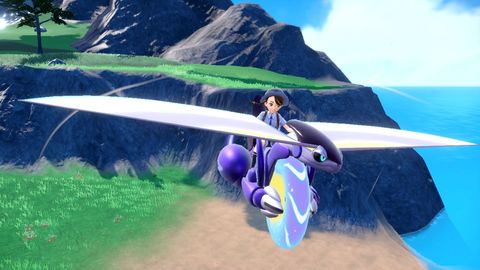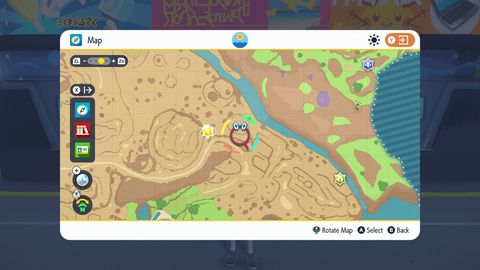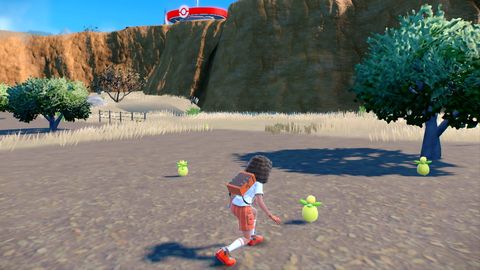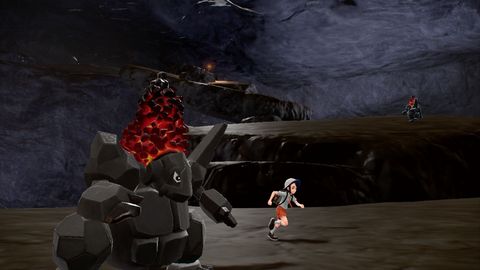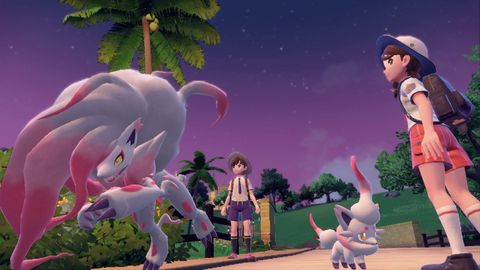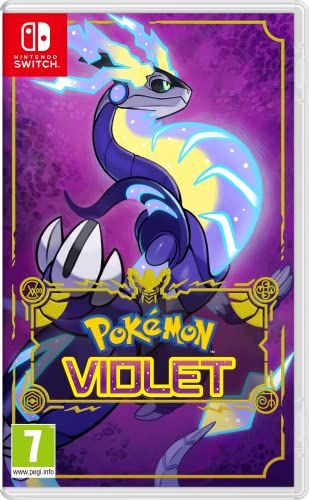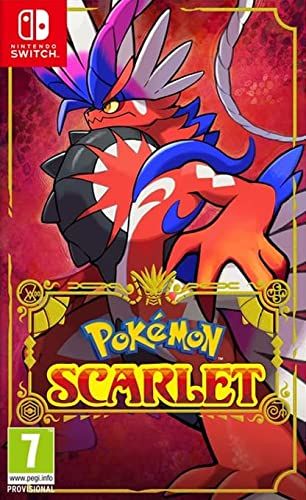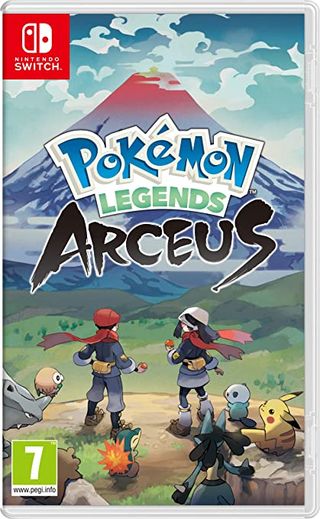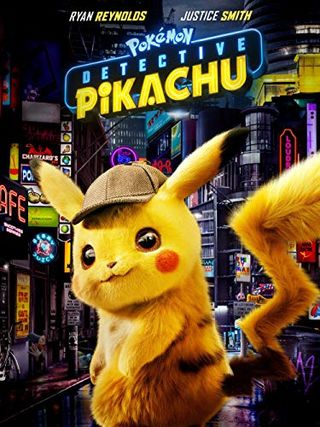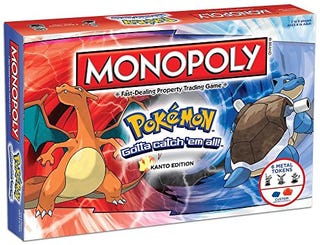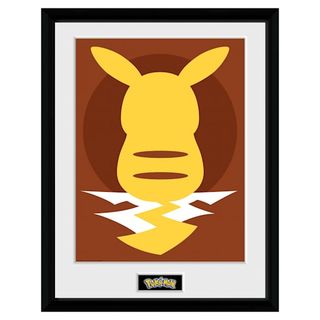It’s been a bumper 12 months for Pokémon fans, with Game Freak and The Pokémon Company releasing no less than three significant titles since November 2021.
Pokémon Shining Diamond and Brilliant Pearl, remakes of the franchise’s fourth generation of games, have largely been forgotten, but January 2022’s Pokémon Legends: Arceus set a new template for how mainline games in the world’s biggest media franchise might be received.
Enter Pokémon Scarlet and Violet, marketed as the first ‘truly open-world’ games in the series. The games promised more freedom than ever before, finally shaking off the linear format that has defined the series for more than three decades.
Unfortunately, as a million Twitter GIFs and videos will show you, the games did not have an easy ride.
The titles were plagued with technical issues from the start, from small bugs like character models clipping through levels to larger game-crashing ones.
Lots of players, ourselves included, are unsure how this happened. As we mentioned, Pokémon is widely accepted as the world’s largest media franchise (far outweighing something like the MCU) so it’s surprising to see the team making its flagship titles stretched quite this thin.
These technical gaffes are a massive shame because, underneath their glitchy exterior, Pokémon Scarlet and Violet are some of the most ambitious and groundbreaking games in the series.
They scrap the linear structure of previous entries, and give the player a huge range of choices from the very start – whether that’s the first wave of Pokémon pals you encounter or the order in which you do the game’s main objectives.
The story setup of Pokémon Scarlet and Violet is that you, a new Pokémon trainer, have just enrolled in a prestigious academy. This Pokémon trainer school approach makes a ton of sense, it’s a YA fantasy staple, and it’s surprising that the series took so long to get here.
Once you’ve enrolled and have met a cohort of classmates and teachers, you’re given a handful of main questlines to pursue.
From there, the games open up and you’re free to pursue these strands in any order – they consist of the prerequisite gym badge challenge, an investigation into ‘Titan Pokémon’, and the takedown of an evil squadron. As always, these quests dovetail into one and another over the games’ runtime and, eventually, some broader narrative beats emerge.
There are some limitations to this free-reign approach. Gym leaders and challenging battles are still locked in at certain levels – so you’ll probably end up doing them in ascending order. It’s not like you can tackle the Psychic gym as soon as you leave the gates of the academy.
By and large, this new structure really compliments the core of role-playing that has always made Pokémon so popular. In early games, the main avenue to customise your trainer was through building a team of unique companions.
In later games, we got more literal character customisation options in the form of skin tones and hairstyles, along with a host of fashion options you could spend your hard-earned poké-bucks on.
In that sense, Pokémon Scarlet and Violet feel like they get closer to the fantasy of being a distinct Pokémon trainer than ever before.
Part of what makes all of this choice possible is the sheer size of Pokémon Scarlet and Violet’s map.
The game’s setting is Paldea, sort-of-but-not-really based on Spain, which is legitimately huge and full of all sorts of different biomes. Unfortunately, the scale of this new region is also where things start to fall apart.
Beyond the technical issues that creating a game world of this size might bring, as shown by Scarlet and Violet‘s bumpy launch, Paldea is overwhelmingly full of big empty spaces that lack any cohesive identity.
Part of the charm of older games was their regions, and the touches of identity that define them. When working within such technical limitations, developer Game Freak was able to imbue even the smallest spaces with memorable designs and architecture.
And maybe this is nostalgia, but places like Celadon City (with its apartment blocks and games corners and department stores), Pacifidlog Town (Ruby and Sapphire‘s floating market town), and even recent locations like Sword and Shield’s Glimwood Tangle have stuck with players beyond the life of those games.
In contrast, the open plains, generic cities and empty fields of Paldea are bland in the most forgettable way.
Whether the result of resourcing issues or something technological, the region’s lack of identity means that you end up zipping from area to area – always focused on the objective rather than exploring a living, breathing world.
And maybe that’s a lofty expectation for the game, but one of the things we liked about 2022’s other Pokémon game (Legends: Arceus) was the sense of space and culture that it created through small sidequests and interactions – nearly all of which is gone.
This isn’t helped by a fairly lackluster art style that has moved in a much less stylised direction than either Arceus or even Sword and Shield.
Beyond the character models and new Pokémon, the interfaces and design elements feel like an afterthought, especially when compared with other landmark RPGs from recent years like the Persona series.
In the place of an interesting visual identity is, however, a host of new and dynamic mechanics that will certainly keep die-hard fans entertained.
The return of raid battles, along with the ability to stop and picnic with your Pokémon (a bit like Sword and Shield’s campsite setup) are definitely welcome, as are the quality-of-life decisions around training and leveling up your team.
There’s also some impressive groundwork being laid for the future of multiplayer adventures in the franchise, with Scarlet & Violet featuring the ability to run around in real-time and catch and battle Pokémon with your friends.
It’s just a shame that much of what surrounds these feels half-forgotten, resulting in the sensation that the games were, at best, rushed out the door by Nintendo and The Pokémon Company.
Pokémon Scarlet and Violet are big and ambitious and bold, but it’s hard not to imagine what they could have been if they’d just been given a little more time to cook.


